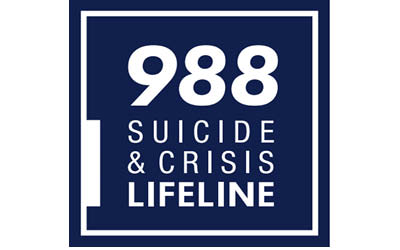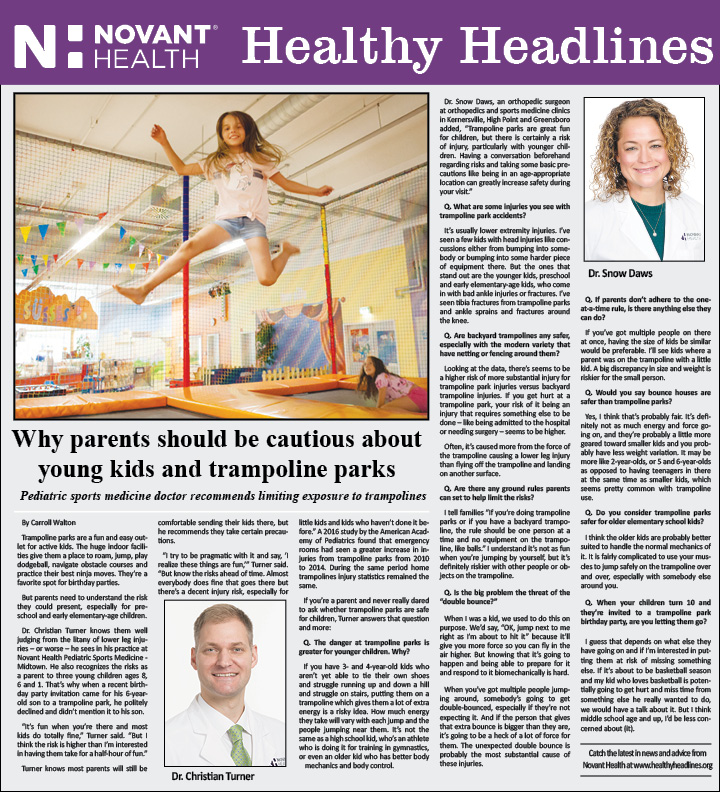 Effective today, Saturday, July 16, the National Suicide Prevention Lifeline can be reached by dialing 988. Those in crisis may also use 1-800-273-8255, which will continue to function even after the transition.
Effective today, Saturday, July 16, the National Suicide Prevention Lifeline can be reached by dialing 988. Those in crisis may also use 1-800-273-8255, which will continue to function even after the transition.
The Suicide Prevention Lifeline is a free, confidential service and available 24/7/365, connecting those experiencing a mental health, substance use, or suicidal crisis with trained crisis counselors. It is available in Spanish, along with interpretation services in over 150 languages.
“Access to 988 is available through every land line, cell phone, and voice-over internet device in the United States,” said Todd Luck, a communications specialist with Forsyth County. “The nationwide transition to 988 as a three-digit call, text, and chat line is the first important step in reimagining crisis support in the U.S.”
The National Suicide Prevention Lifeline will now be known as The 988 Suicide & Crisis Lifeline. The Lifeline is comprised of a national network of over 200 local crisis centers, combining custom local care and resources with national standards and best practices.
According to the organization’s national website, www.988lifeline.org, when people call, text, or chat 988, they will be connected to trained counselors that are part of the existing National Suicide Prevention Lifeline network. These trained counselors will listen, understand how their problems are affecting them, provide support, and connect them to resources, if necessary.
“The 988 Suicide & Crisis Lifeline utilizes the guidance of experts, as well as the voices of lived experience, to continually improve Lifeline services. These individuals bring invaluable knowledge and support to our mission of reducing the national incidence of suicide,” the website states.
The website also notes that everyone can help prevent suicide, saying “understanding the issues concerning suicide and mental health is an important way to take part in suicide prevention, help others in crisis, and change the conversation around suicide.”
“Suicide is not inevitable for anyone. By starting the conversation, providing support, and directing help to those who need it, we can prevent suicides and save lives,” it continues. “Evidence shows that providing support services, talking about suicide, reducing access to means of self-harm, and following up with loved ones are just some of the actions we can all take to help others. By offering immediate counseling to everyone that may need it, local crisis centers provide invaluable support at critical times and connect individuals to local services.”
Know the Risk Factors
Risk factors are characteristics that make it more likely that someone will consider, attempt or die by suicide. They can’t cause or predict a suicide attempt, but they’re important to be aware of.
• Mental disorders, particularly mood disorders, schizophrenia, anxiety disorders, and certain personality disorders
• Alcohol and other substance use disorders
• Hopelessness
• Impulsive and/or aggressive tendencies
• History of trauma or abuse
• Major physical illnesses
• Previous suicide attempt(s)
• Family history of suicide
• Job or financial loss
• Loss of relationship(s)
• Easy access to lethal means
• Local clusters of suicide
• Lack of social support and sense of isolation
• Stigma associated with asking for help
• Lack of healthcare, especially mental health and substance abuse treatment
• Cultural and religious beliefs, such as the belief that suicide is a noble resolution of a personal dilemma
• Exposure to others who have died by suicide (in real life or via the media and Internet)
Know the Warning Signs
Some warning signs may help you determine if a loved one is at risk for suicide, especially if the behavior is new, has increased, or seems related to a painful event, loss, or change. If you or someone you know exhibits any of these, seek help by calling the Lifeline.
• Talking about wanting to die or to kill themselves
• Looking for a way to kill themselves, like searching online or buying a gun
• Talking about feeling hopeless or having no reason to live
• Talking about feeling trapped or in unbearable pain
• Talking about being a burden to others
• Increasing the use of alcohol or drugs
• Acting anxious or agitated; behaving recklessly
• Sleeping too little or too much
• Withdrawing or isolating themselves
• Showing rage or talking about seeking revenge
• Extreme mood swings









